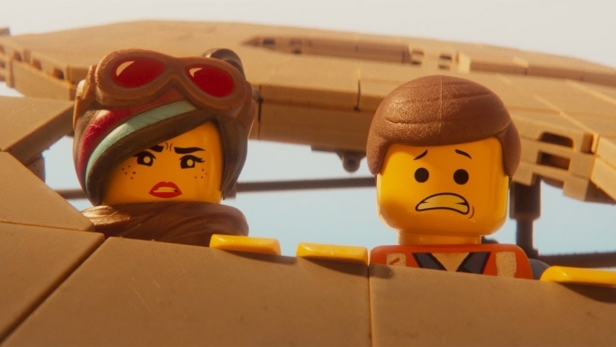The first Lego Movie may have a special place in your heart thanks to its catchy theme song, and the way it played with not only the father and son relationship but also the way it reminded big kids about the effervescent power of imagination.
The sequel moves the story on by toying with the sibling relationship as a brother and sister duel it out in a similarly creative way to deliver a fast-paced adventure through popular culture that explores the toxic effect of gendered marketing on both young boys and girls.
Leading off where the first film finished, a new type of toy is in town with Duplo bricks, assorted candy coloured stickers, minidolls and glitter an assumed threat to existence with Bricksburg now an apocalyptic Mad Max style wasteland. But that’s only the tip of the iceberg with the film introducing a whole new world of play that lovingly references Twilight, adores pop music and slyly comments on the film industry and how it needs to be rebuilt with inclusivity in mind.
The sequel is still as funny as the first from the outset and the jokes come thick and fast but a whole new sparkling dimension is added along with some fantastic new characters who celebrate fluidity, collaboration and co-operation. There’re also a few new bangers to rival ‘Everything is Awesome’ including a notable group effort from Beck, Robyn and The Lonely Island.
Shapeshifting Queen Watevra Wa’Nabi, voiced with exceptional humour and relish by Tiffany Haddish is a joy as she switches between different forms and belts out edgy tunes. Her interactions with Will Arnett who reprises his role as Batman are a dream as she uses her wits to get her way. Stephanie Beatriz is gifted with a voice role that’s comparably as progressive as her character from Brooklyn Nine-Nine. The OG crew of Lucy and Emmet go on their own separate existential outings with their developments and realisations feeding into the narrative about the different things girls and boys are taught to embrace and reject. As the kids grow up so do their imaginary characters and it touches upon how certain curiosities can be sadly stamped out through societal pressure.
